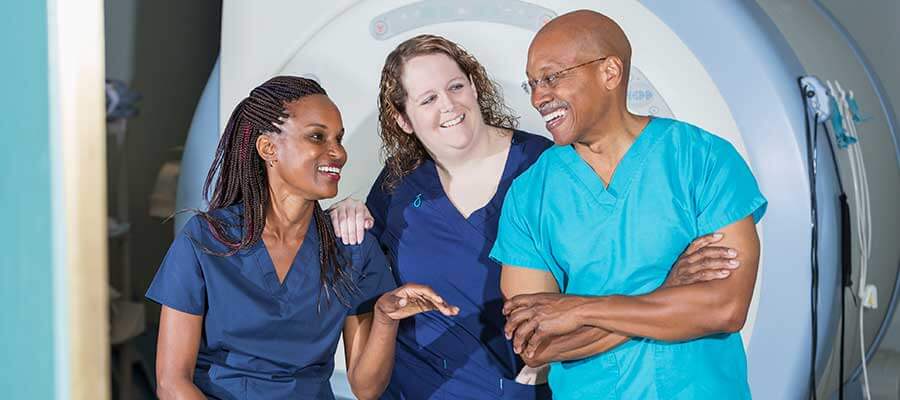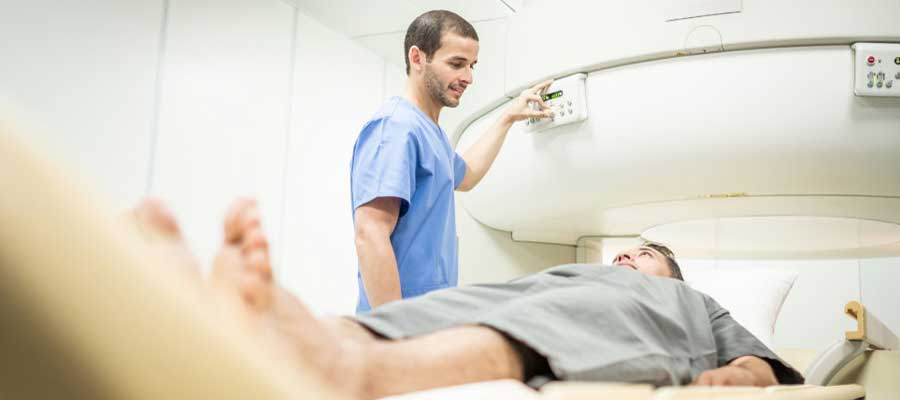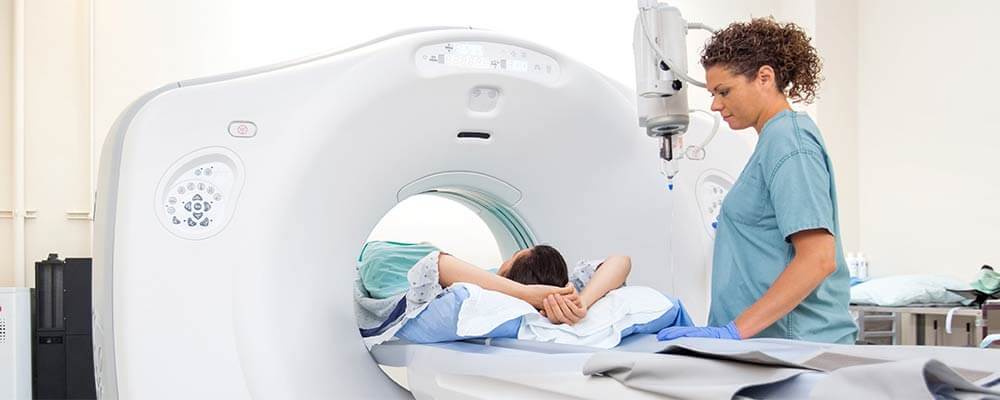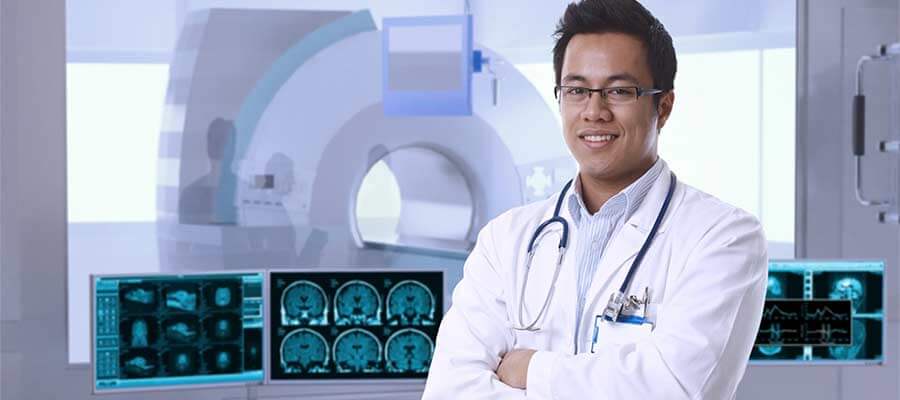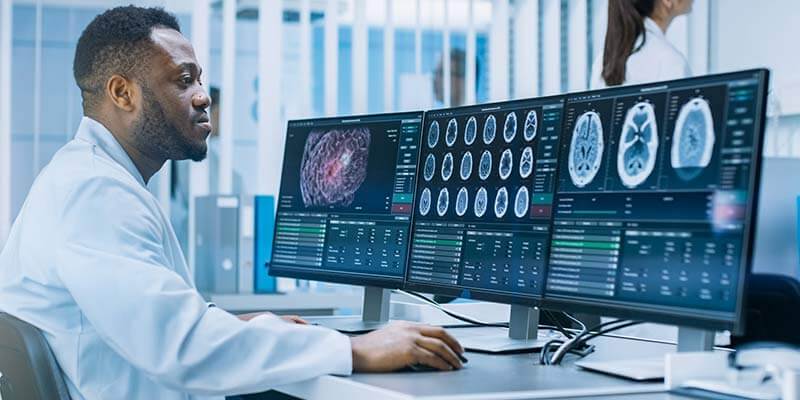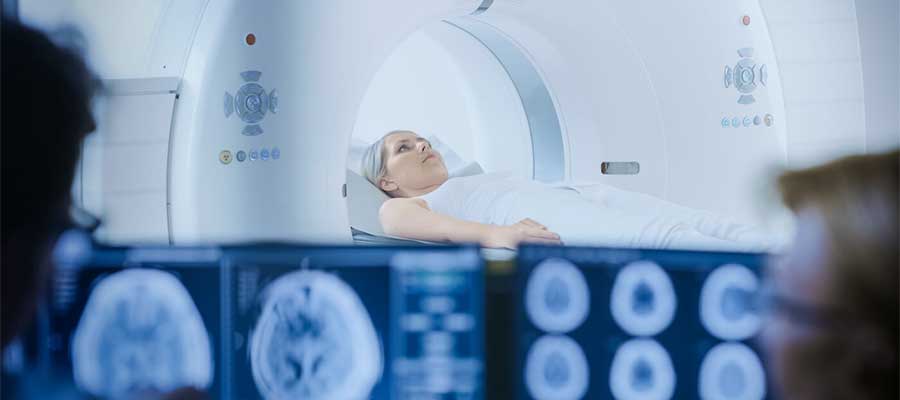MRI Associates For Adults
When looking for an MRI Tech School For Adults offering MRI associate’s degree you need to take Pulse Radiology into consideration. As of late the demand for certified MRI Technologist has taken many medical facilities by surprise. It is true, that few saw a pandemic on the horizon. But regardless the need for demand for qualified MRI & CT Techs was already outpacing the number of graduates entering the healthcare industry. One may think that a degree from University of the Pacific may be te path to follow as in the case of with organizations in aerospace. Not when it comes to MRI or CT Techs. As of late medical facilities are seeking for candidates that are ready to fill a position with minimum or no training. That is why there is such high demand for our alumni.
As a national MRI Tech School providing online MRI, CT, and Mammography Structured Education, we can help you advance your career in the field of radiology from a radiologic technologist to an advanced certified technologist in 14 weeks. Also, know that at Pulse Instituted we provide ARRT-approved MRI, CT, and Mammography courses with clinical training in 30+ states nationwide and ASRT for 25+ Category A CE Credits. There has never been a better time to get your MRI technologist associates degree and get going in a high paying career with an average salary of $75k/year with Pulse Radiology Education an MRI Tech School For Adults. Since opening our doors we has been the top choice destination for Professional in the Healthcare field looking for MRI technician online schools. We have now expanded those capabilities by offering degree For Adults.
Post Realted to MRI Associate’s Degree For Adults
Why Should You Consider Getting MRI Associates Degree For Adults?
Recent world events underscored something many hospital HR personel already knew. There is a shortage of certified MRI techs in the market. Now is the time to get started on a high paying, high demand career in the healthcare industry as a Radiology technologist. And if you’re in search of an MRI Tech School For Adults offering associate’s degree in MRI? We have something for you! Since launching Pulse Education has been the go-to for MRI looking for MRI technologist programs For Adults. In 2024 we’re offering MRI associate’s degree For Adults considering a career as an MRI technologist.
MRI Technologist are very popular: MRI technology is becoming more commonplace, meaning there are lots of demand for people who know how to use this technology. We see plently job openings for MRI techs, as well as in many areas, there are not enough certified people to fill those spots. If you find yourself registering for these courses, you could find a great deal of incredible opportunities. The ideal career fields are the ones which are seeing lots of growth. This field is growing fast, and yes, it shows no hints of decreasing.

